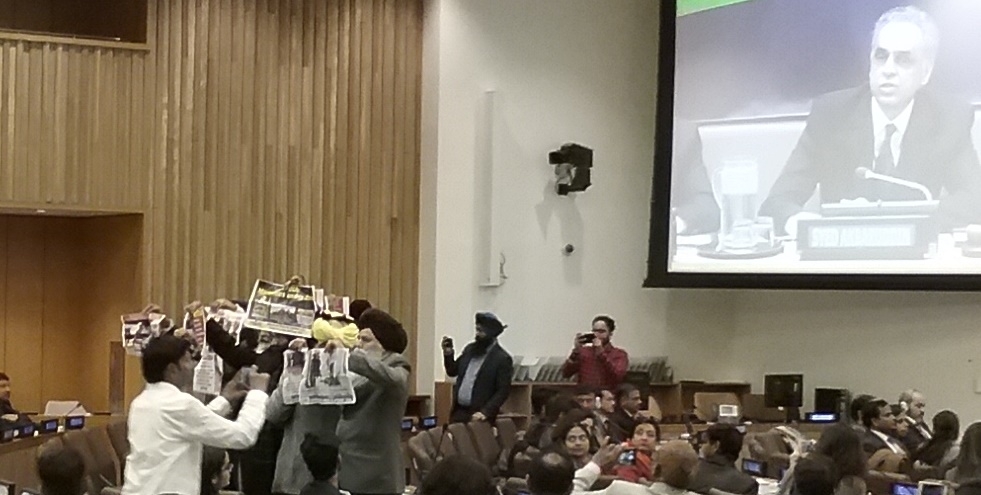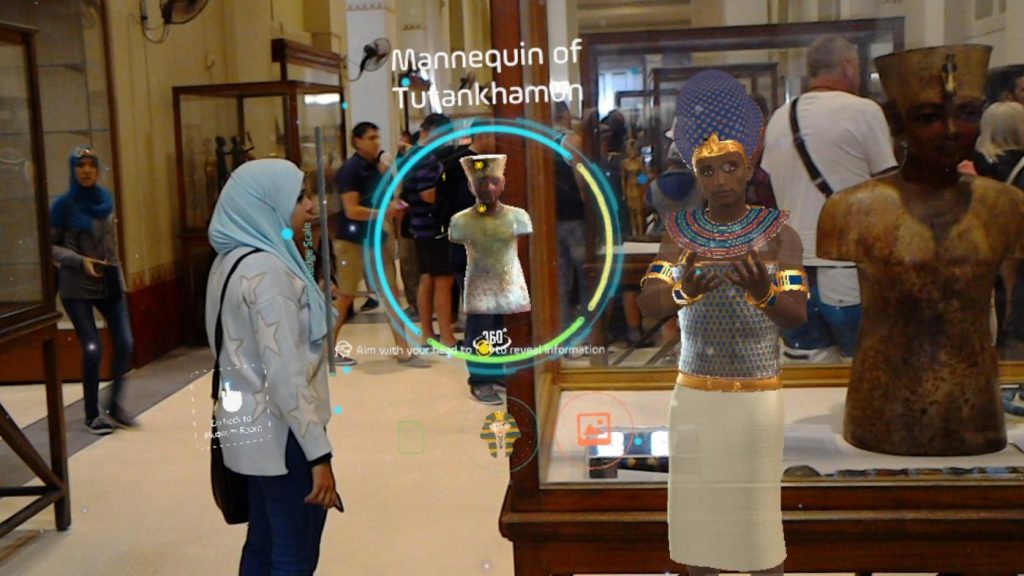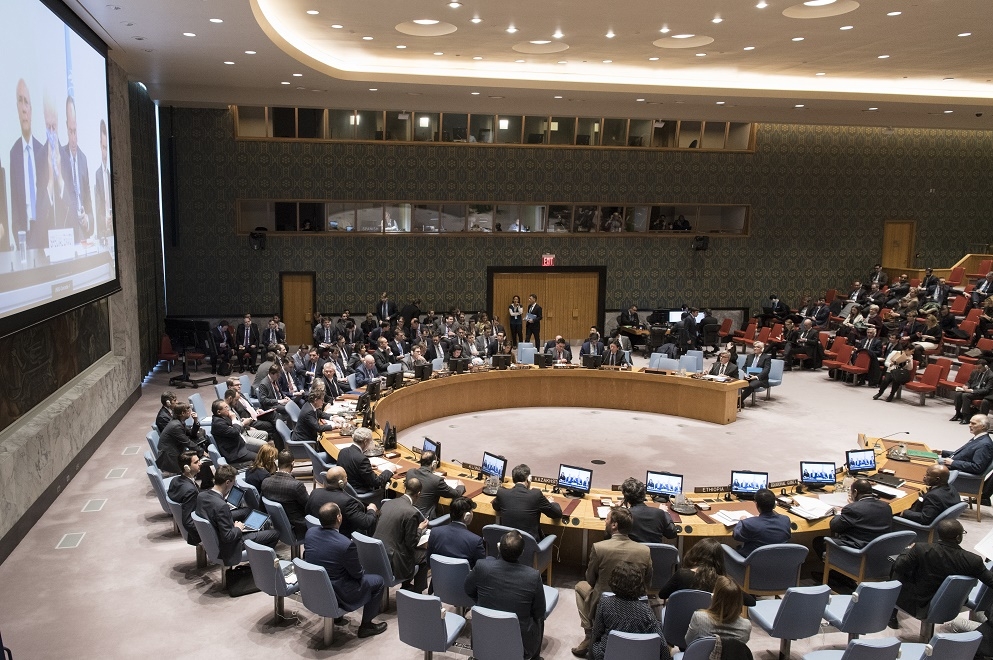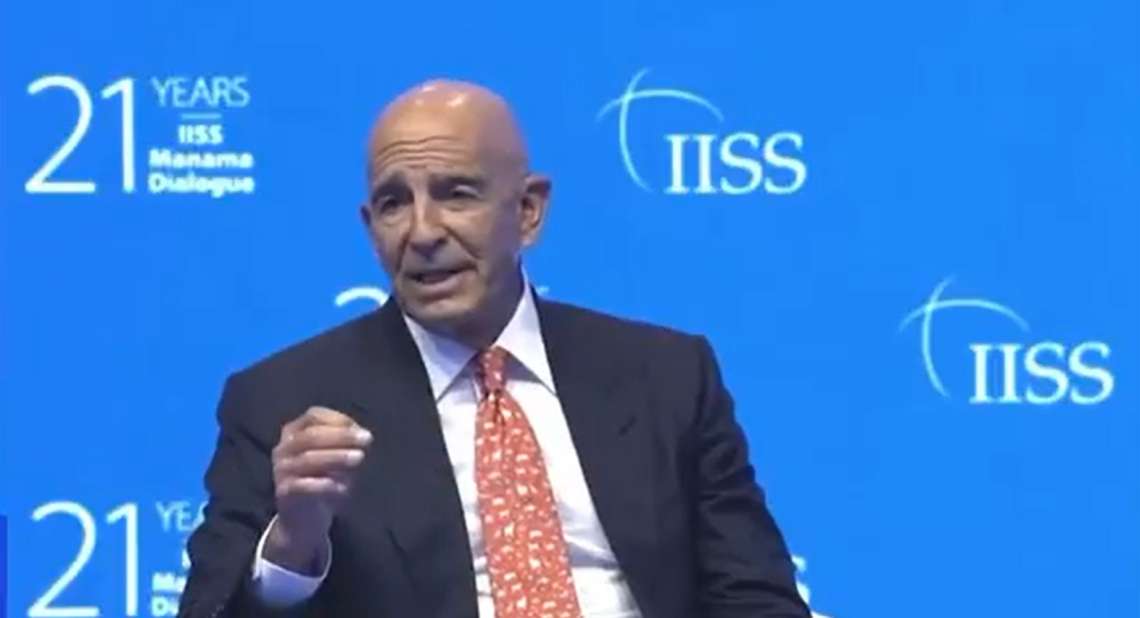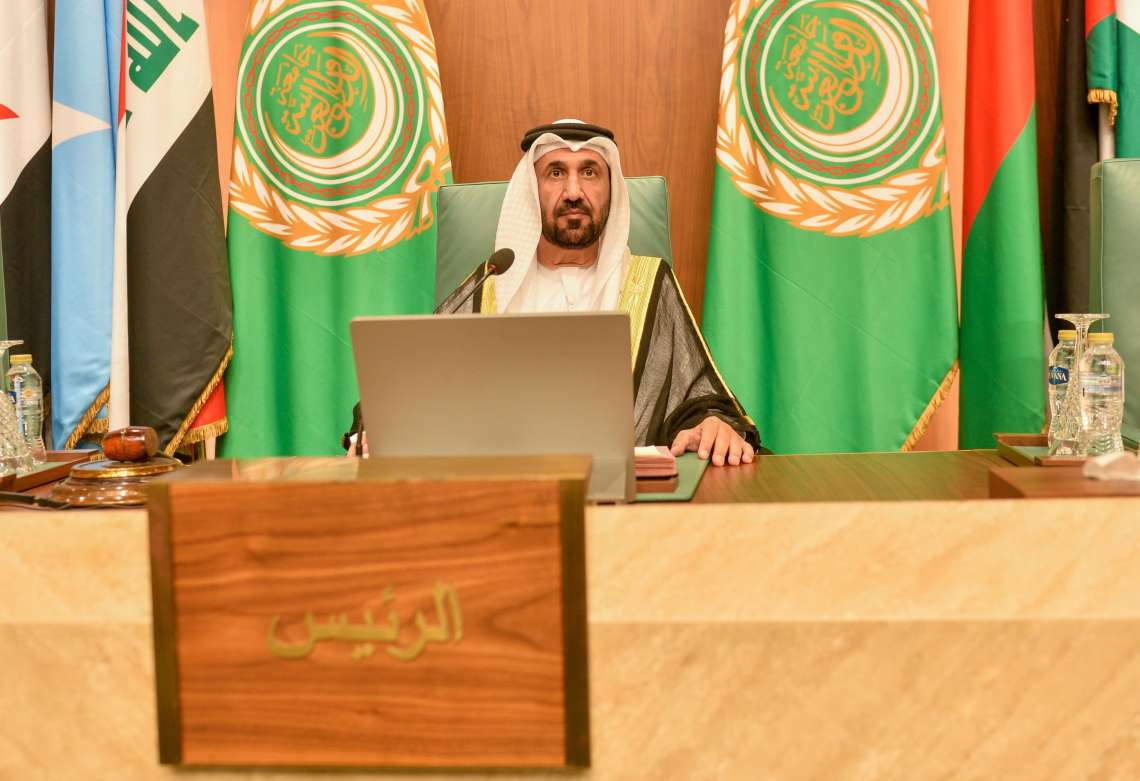UN celebrates Ambedkar’s legacy, ‘fighting inequality, inspiring inclusion’ … reports Asian Lite News.

Babasaheb Bhimrao Ambedkar’s legacy of fighting inequality and inspiring inclusion around the world was highlighted here at the celebration of his 127th birth anniversary.
UN Development Programme Director Achim Steiner said in his keynote address that Ambedkar’s legacy lives on in a remarkable way in the difficult work undertaken in the UN headquarters everyday.
“We are as much entrapped by the contradictions of the world in which we serve and which we confront as Dr Ambedkar was in his time,” he said.
Ambedkar’s work in “addressing the challenge of exclusion from a normative, moral and ethical point of view are as vital to understanding his impact and role as his later ability to actually share a legal and constitutional discourse around this”.
This was the third celebration of Ambedkar Jayanti at the UN and the theme was “Leaving No One Behind”.
India’s Permanent Representative Syed Akbaruddin said that Ambedkar guides the nation’s foreign policy initiatives in providing aid to least developed countries and small island developing states to achieve their 2030 UN development objectives.
The India-UN Development Partnership Fund with a commitment of $100 million promotes the development effort of these nations. A Commonwealth window is being opened at the fund to allocate addition resources to the developing countries of the group, he added.
Diplomats spoke of the impact that Ambedkar has had in countries as far away as Kenya.
Kenya’s UN Mission Minister Counsellor James Ndirangu Waweru, said that the affirmative action elements of his country’s 2010 constitution were inspired by Ambedkar.
He said that he had studied at the Babasaheb Ambdekar College of Law in Nagpur and many lawyers in Kenya were trained in India.
Bangladesh Permanent representative Masud Bin Momen said, “Many of us learnt a lot from the life and teachings of Ambedkar and he is an icon in South Asia” for “his lifelong fight against discrimination and for more social inclusion.”
Nepal’s Deputy Permanent Representative Nirmal Raj Kafle said that during his country’s 10-year constitution-making process “the thoughts of Dr Ambedkar has been truly inspirational”.
An Ambedkar research scholar and a lecturer at his alma mater, Columbia University, Menaka Guruswamy, said that Ambedkar’s rise from an “untouchable family” to become the architect of India’s Constitution “is really the poetry of an inspired constitution-crafting project”.
Ambedkar’s constitution is a “quest for equality” and it amends historic injustices, she added.
The head of US operations of State Bank of India, Ashwini Tewari, said that the answer to promoting equality and inclusion lies in technology and organisation.
He said an example of this was combination of Aadhaar and use of mobile phone technology that is making it possible to reach the poor and deliver financial services and assistance.
India’s Consul General in New York, Sandeep Chakravorty said that the government was acting as a disrupter in shaking up the established ways for the better.
One of the disruptions with far reaching consequences was Swachh Bharat with the building of millions of toilets and another was the direct transfer of funds to people cutting out middlemen and corruption.
He said the government had introduced a scholarship programme for Dalits to study abroad and his consulate was involved with four students at elite universities who had all their expense paid.

